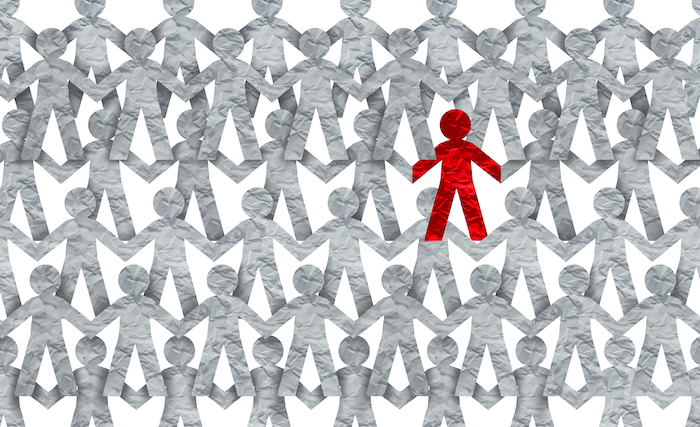COVID-19’s impact on treatment: A weekly roundup on the latest in addiction science, medicine and care
By William Wagner
August 20, 2020It should surprise no one that COVID-19 has changed the face of addiction treatment. For better and worse, the field won’t be the same after the pandemic finally recedes into history. That’s just one of the percolating issues we highlight in this week’s installment of “From the Journals.”
From U.S. News & World Report:
COVID-19: Forever Altering Addiction Care
The COVID-19 pandemic has had a seismic impact on almost every aspect of addiction care, but it hasn’t been the unmitigated disaster one might assume. U.S. News & World Report recently delved into this issue and concluded “the fallout hasn’t been all bad.” On the bright side, COVID-19 has pushed tele-health into the mainstream, giving individuals struggling with addiction more immediate access to lifelines. On the dark side, however, most treatment centers have been forced to reduce the services they provide. According to the article, nine out of 10 treatment centers furloughed or laid off employees as the pandemic escalated. It remains to be seen when and how many of those employees will be brought back.
From JAMA Psychiatry:
A Reckoning with Racism
Both research and common sense tell us that substance abuse and mental illness are often intertwined. Now evidence is coming to the fore that racism is part of this toxic combination. In an article published on JAMAnetwork.com, “Now Is the Time to Support Black Individuals in the U.S. Living with Serious Mental Illness—a Call to Action,” Jasmine Mote, Ph.D., and Daniel Fulford, Ph.D., examine the role discrimination plays in serious mental illness (SMI) among blacks. According to one study, blacks in the United States are two times more likely to be diagnosed with an SMI than whites. The authors urge their colleagues to beware of racial “blind spots” as they probe mental illness: “We must ask ourselves, if we do not take steps toward understanding and addressing racism in our research now, then when?”
We must ask ourselves, if we do not take steps toward understanding and addressing racism in our research now, then when?”—Jasmine Mote, Ph.D., and Daniel Fulford, Ph.D.
From Addiction Professional:
The CDC’s Stark OD Numbers
In July, the U.S. Centers for Disease Control and Prevention (CDC) released its preliminary findings on drug overdose-related deaths in 2019, and the numbers don’t look good. Not at all. After overdose deaths ebbed in 2018, they shot to an all-time high in 2019 with 70,980. South Dakota was hit especially hard, experiencing a 54% increase from 2018. By most accounts, 2020 could wind up being even worse. A spike in overdoses has been part of the collateral damage wreaked by COVID-19.
From the American Society of Addiction Medicine:
A Guide to Managing Alcohol Withdrawal
Alcohol withdrawal is a tricky and volatile animal, but there’s good news for the treatment community: The American Society of Addiction Medicine (ASAM) is out with an extensive guide designed to provide clinicians with best practices. Titled “The ASAM Clinical Guideline on Alcohol Withdrawal Management,” the guide provides the latest evidence-based techniques for dealing with the withdrawal rollercoaster. Its in-depth recommendations cover everything from identification to diagnosis to withdrawal risk factors to determining the appropriate level of care. In addition to aiding clinicians, the guide is meant to give direction to insurance companies and policymakers.













